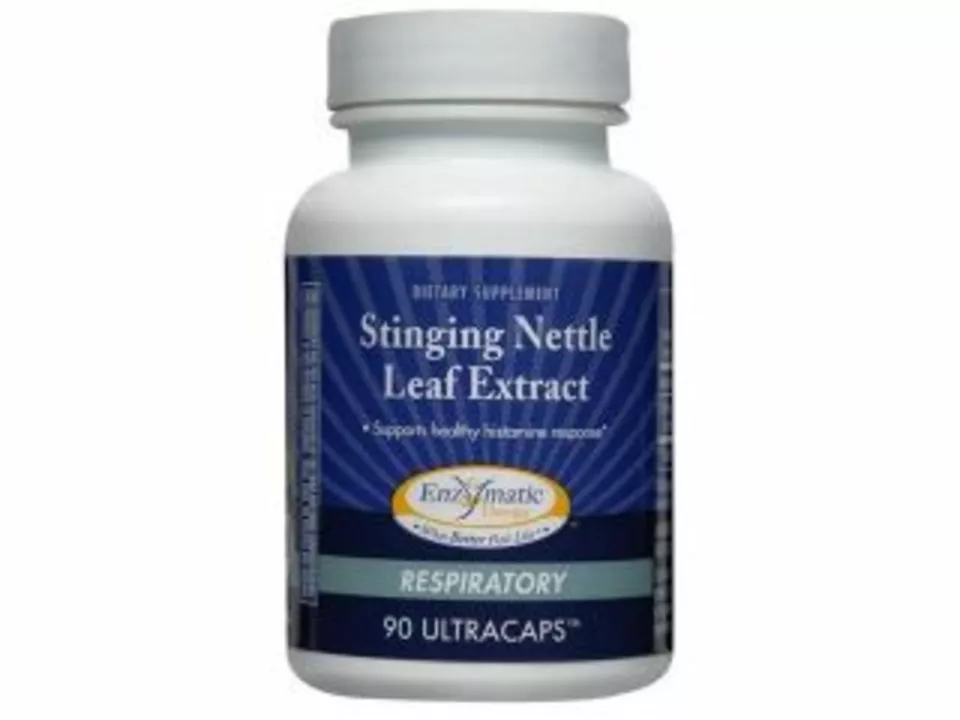Immunity: Practical Steps to Strengthen Your Defenses
A single night of poor sleep can cut your vaccine response — and that’s fixable. Immunity isn’t magic; it’s the result of daily choices that add up. This tag collects straightforward guides and real-world articles from RXConnected to help you make those choices.
First, basics: innate immunity acts fast, while adaptive immunity learns and remembers. You don’t need a PhD to improve both. Focus on habits that support repair, reduce inflammation, and avoid unnecessary immune stress.
Quick daily habits that help immunity
Sleep: Aim for consistent 7–9 hours. Odd sleep patterns blunt immune cells and lower antibody production after shots.
Diet: Fill half your plate with colorful vegetables and fruits for fiber and antioxidants. Don’t demonize single foods; instead include berries, leafy greens, and sources of omega‑3 like fatty fish or flaxseed.
Move regularly: Moderate exercise—30 minutes most days—boosts circulation of immune cells. Avoid overtraining; long intense sessions can temporarily suppress defenses.
Manage stress: Chronic stress raises inflammation. Small habits—short walks, deep breaths, scheduled breaks—make a measurable difference.
Hygiene and vaccines: Wash hands, follow local vaccine advice, and keep up with flu and other recommended shots.
Supplements, herbs, and safety
Supplements can help, but they aren’t a substitute for good habits. On RXConnected you’ll find posts about Lentinan from shiitake, rose geranium oil, and black mulberry—each has promising uses for immune support. Read the articles to see who might benefit and what the research says.
Practical picks: vitamin D if your levels are low, zinc short‑term for colds, and probiotics for gut-immune links. Get blood tests where relevant and talk to your clinician before starting new supplements.
Be careful buying meds or specialty supplements online. Our Cross-Border Drug Purchasing guide explains customs, FDA rules, and legal realities so you don’t end up with unsafe products. The site also covers interactions—important if you take heart meds, blood thinners, or prescription drugs.
Want specific reads? Check the Lentinan piece for mushroom-derived immune support, Rose Geranium Oil for mood and skin plus immune notes, and Nutrition and Tumor Growth for how diet connects to long-term immune health. These posts explain benefits, risks, and real-world use.
Try a simple daily plan: morning sunlight and a vitamin D check, protein and veggies at lunch, a 20–30 minute walk after work, and a no‑screens hour before bed to improve sleep. If you get a cold, rest early, stay hydrated, and consider short‑term zinc within 24 hours of symptoms. Small routines like this stack into real improvements over weeks.
If you take blood thinners, heart meds, or immune suppressants, ask your doctor before starting supplements like Lentinan or zinc. Drug interactions matter—Plavix and some herbal products may interact.
Always prioritize safety first, especially.
Boost Your Immunity and Energy with Stinging Nettle Dietary Supplements

I recently came across stinging nettle dietary supplements and I've been amazed by their immunity-boosting and energy-enhancing properties. These natural supplements are made from the leaves of the stinging nettle plant and are packed with vitamins, minerals, and antioxidants. Incorporating them into my daily routine has helped me feel more energized and less prone to getting sick. I highly recommend giving stinging nettle supplements a try if you're looking for a natural way to improve your overall health and well-being. Trust me, you won't regret it!
